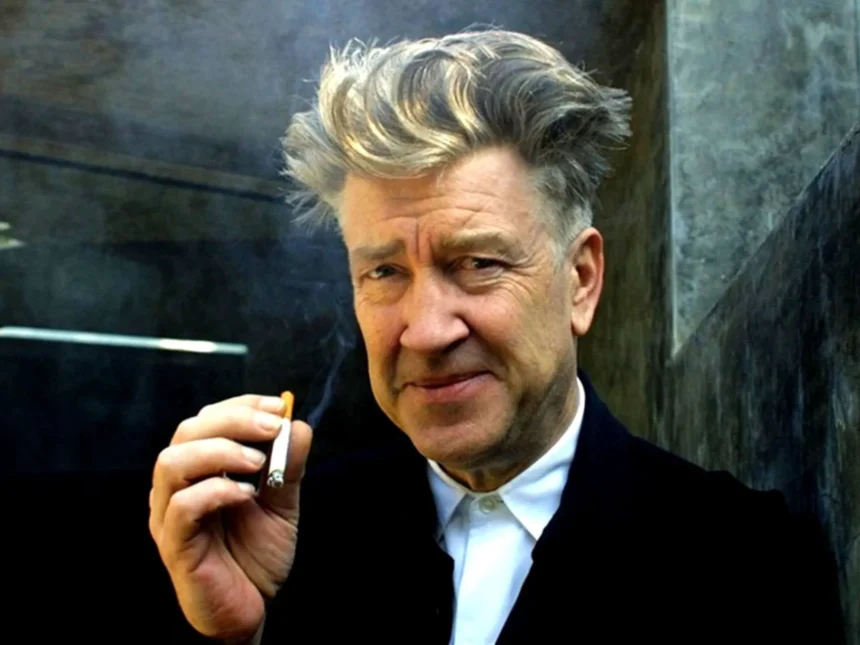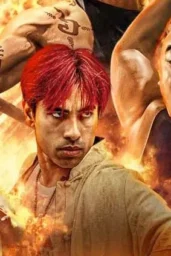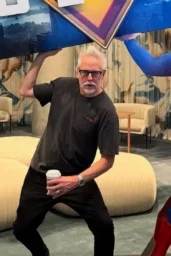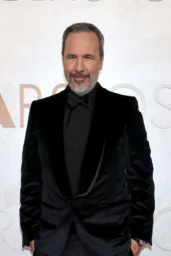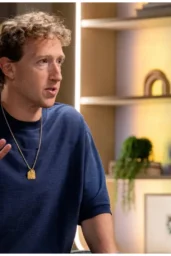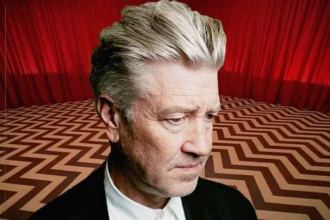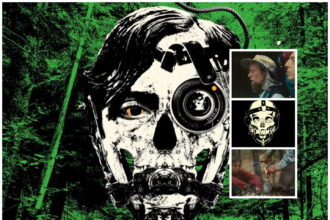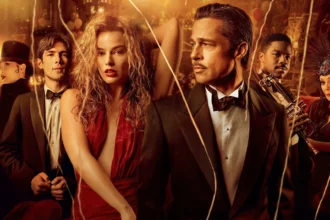David Lynch’s death earlier this year didn’t just close the curtain on one of cinema’s most enigmatic storytellers—it left a gaping silence. His absence is not a void easily filled. Lynch wasn’t merely a director; he was a conjurer of nightmares and dreamscapes, an architect of the uncanny who managed to push the medium beyond narrative, into raw sensation.
And yet, just before his passing, he did something both intimate and seismic: he handed his daughter, Jennifer Lynch, one of his scripts. On the MUBI Podcast, Jennifer revealed, “Very recently he asked me to direct a script.” She described her reaction as “overwhelmed and touched”—a moment of shock that, in turn, startled her father. It wasn’t just a passing suggestion. It was a transfer of trust. A benediction wrapped in grief.
Jennifer’s Career in Context
Jennifer Lynch’s journey as a filmmaker has been anything but linear. She arrived on the scene with Boxing Helena (1993), a film as controversial as it was ambitious. The backlash was ferocious; the label of “Lynch’s daughter” became both spotlight and noose. It would take fifteen years before she returned with Surveillance (2008), a tense thriller that found some redemption in its sharpness.
The 2010s saw her in mixed terrain. Hisss (2010) was mired in production troubles, and Jennifer herself ultimately disowned it. But then came Chained (2012), a disturbing, confident work that showed what she could do when fully in control. Critics who had once dismissed her started to reconsider.
In more recent years, television became her canvas: The Walking Dead, American Horror Story, Agents of S.H.I.E.L.D., 9-1-1. A versatile hand, moving between horror, drama, and action with surprising ease. And let’s not forget her authorship of The Secret Diary of Laura Palmer, a cornerstone of Twin Peaks mythology.
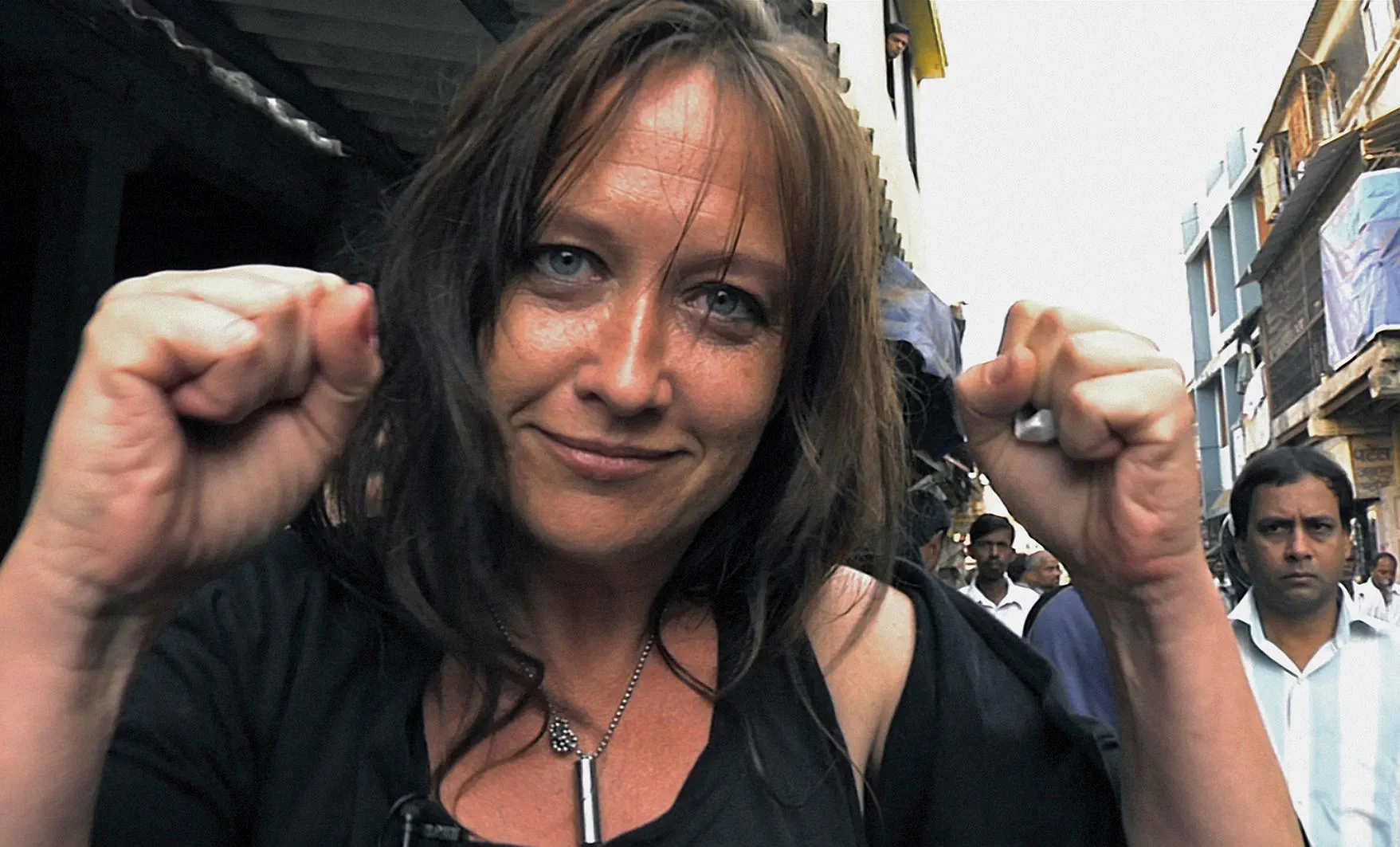
The Weight of Legacy
So here we are. Jennifer Lynch, holding her father’s script—his unfilmed dream. What does it mean to direct such a project? To inherit not only text but the expectation of embodying one of the most mythic voices in cinema? It’s not just another assignment. It’s blood, memory, and burden intertwined.
There’s a cruel paradox at play. Who else could carry it? Who else should? And yet—who could possibly bear that weight without being crushed? Jennifer has spoken about being “overwhelmed.” That’s not just daughterly humility. It’s the recognition that directing this film means living in her father’s shadow while trying to keep her own flame alive.
Why It Matters
This isn’t about whether the film will be “as good as” David Lynch’s work. That comparison is inevitable but unhelpful. What’s compelling is the symbolic handoff—the way Lynch’s cinematic language, famously idiosyncratic, might be refracted through the lens of someone who has lived inside his world since childhood, but who also carved out her own path in the margins of genre television and independent film.
Imagine it: a Lynch script, filtered through Jennifer’s sensibility, her scars, her craft. It might not be Twin Peaks. It might not be Mulholland Drive. But it could be something stranger: a bridge between generations, between auteurism and inheritance.
5 Key Things to Know About Jennifer Lynch’s Revelation
David’s final gesture – Before his death, Lynch entrusted Jennifer with one of his scripts.
An emotional shock – Jennifer confessed she was “overwhelmed and touched,” even surprising her father with her reaction.
Her uneven filmography – From the infamous Boxing Helena (1993) to the troubled Hisss (2010) and the more assured Chained (2012).
Television as her proving ground – She directed episodes of The Walking Dead, American Horror Story, and Agents of S.H.I.E.L.D., showing adaptability across genres.
The legacy question – Taking on this project means grappling with both grief and the towering mythology of David Lynch.

